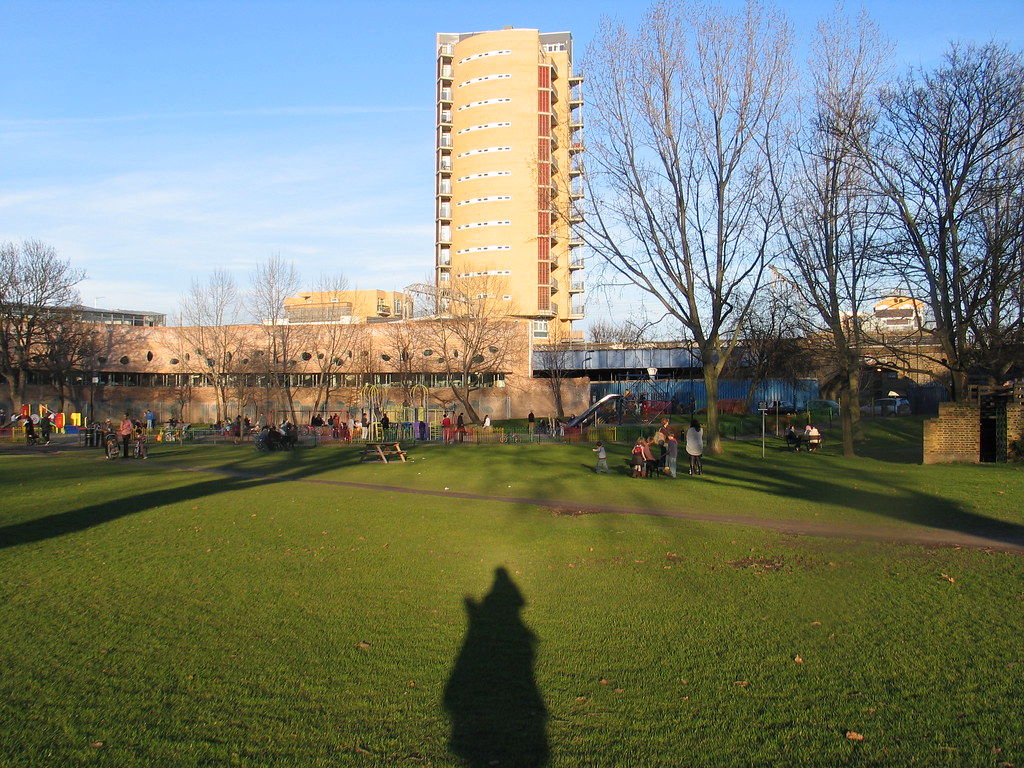Random theory on a quiet and rainy Saturday afternoon in the city.
Privacy exists only in the eye of the beholder and is more prevalent and easier to engineer than ever before. It’s all a question of audience. I’ll explain. The new standard in our ways of communicating (especially in the geekdom) is to publicly display, reveal and share all the time, whether its our location, our trips, our photos, our thoughts, our desires, our interests and what we go through and who we know. If we simply stop using these services, nothing in our actual behaviour changes, we still go places, we still take pictures, we still share them with who we wish to by “downgrading” to sending them directly to people, family etc but our public self-actualisation is decreased and our privacy increases. I find it intriguing that privacy isn’t explicitly part of Maslow’s hierarchy of needs actually, perhaps its a given, perhaps we’re only making a fuss over it because of the past 5 years of rapid technology changes.
When everyone twitters about what they do all the time, the noise drowns out the signals doesn’t it? If you suddenly decide to stop using a staple means of communication, it’s like you don’t exist anymore. It’s far worst than if you decided to use it less. If you lost your cell phone these days and didn’t care to replace it, and went back to using your landline, you’d essentially be dead to most people. Wouldn’t be surprising if they called the police to check on you, after all who would want to do such a thing? Well maybe it’ll be the same thing if you wanted to stop using facebook. I closed my account long before it had overtaken the world in such a dramatic way. I suspect in 2 years time people will have moved on to using something else, but frankly, I’d rather observe and privatly self-actualise, write more than 140 characters, post up pictures when I really want to and generally concentrate on making my life something that is mine and not everyone else’s too. It’s hard enough as it is.
It’s a strange theory but I kindof like it, for today at least.


I always figured Twitters and Facebooks were just a controlled way of revealing bits of you to the world. I control my public image pretty heavily so that the content I create is the first one on Google.
It’s PR. It’s the real me, but it’s still PR.
Yeh totally, but i think its because we’re in a slice of population that laps these services up as soon as they emerge, it’s PR for us, for others its a search for validation.
Prcivacy is indeed not on Maslows hierachie of needs…I had to look it up again. I find it strange as I was sure it is.
According to what you say about prople exposing themselves you could also refer to Warhol and his theory of the 10 minute fame which to some extend is happening at platforms like Twitter, facebook (I don’ use them so I don’t really know) and flick. Its as if people build litte stages in front of their houses, do some tap dancing and hope every passer by has a look. Its the neverending need or longing for attention. Its seems its a lot more about being seen than not being seen these days.
One has to make a decision what life is. Maintaining all these networking services is exhausting and actually leaves people with emtyness.
What’s wrong with being validated?
I dont think there’s anything wrong with validation, just depends from how many sources :)
I do wonder if we will leave an incidental trail of legacy bits as these various allegedly social software utilities – facebook, twitter, dopplr, and what.not – evolve and give way to whatever is next. The digital legacy will reflect some odd archeological pieces of our public and private lives, it may however be too dull and trivial to be of any curatorial interest for future historians. I like to think of these things as digital sand castles.
I have been curious about these experiments, and these days I am getting towards the end stage of exploration. Twitter and Facebook are a bit like different kinds of bars. I go in, see what is going on, and then leave and forget it. On occasions I bump into somebody interesting and perhaps we have a chat, or wave to each other, then I leave and may not return for days or weeks. Like with real bars or coffee shops, they are not predictable places to find me in.
I like your thoughts on privacy. It is very easy to engineer these days.